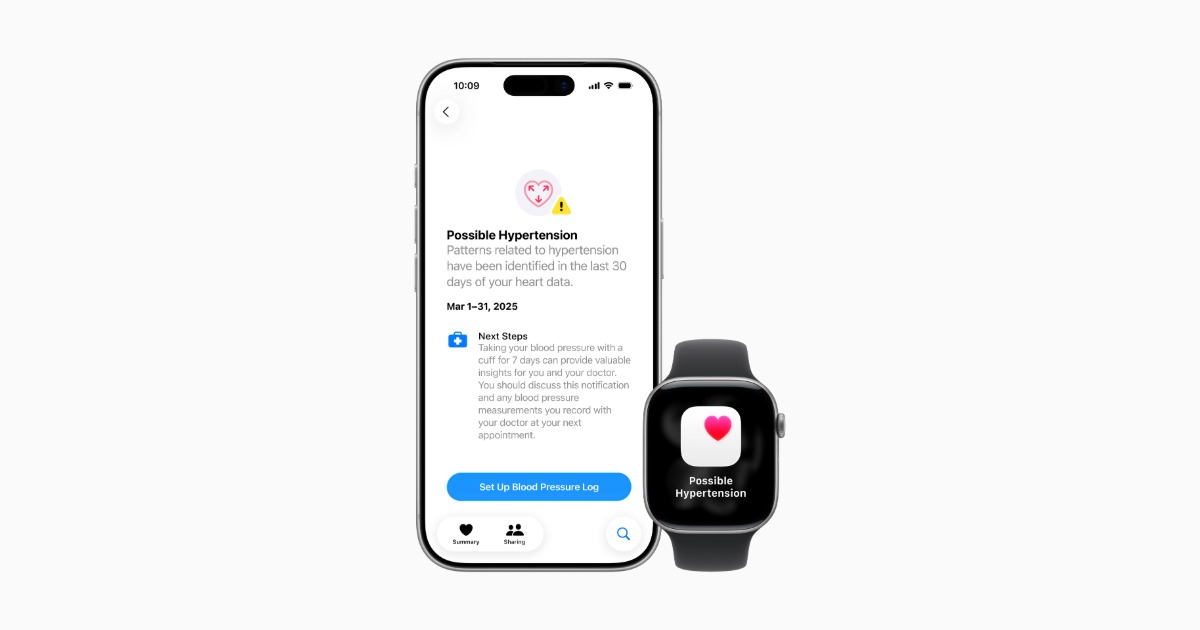
Photo: zf L/Getty Images
Lila Sciences, a company developing an AI-enabled scientific superintelligence computer, announced it secured $235 million in Series A funding.
The round was co-led by Braidwell and Collective Global.
Other investors include General Catalyst, Alumni Ventures, March Capital, Flagship Pioneering, Altitude Life Science Ventures, Common Metal, Modi Ventures, ARK Venture Fund, the Mathers Foundation, NGS Super, the State of Michigan Retirement System and a wholly owned subsidiary of Abu Dhabi Investment Authority.
WHAT IT DOES
Lila Sciences is developing an AI-enabled scientific superintelligence platform, paired with autonomous labs, that can run the entire scientific method. The company uses a supercomputer to evaluate how various aspects of science, biology, microbiology and more can work together.
The technology extends beyond traditional AI applications, such as protein modeling, by generating hypotheses, designing experiments and learning from results.
"We're building agents that design and validate novel protein therapeutics, nucleic acids, chemistries and diagnostic modalities. We've seen agents complete in minutes or hours workflows that traditionally take human teams days to weeks – opening new paths against cancer, obesity, immune diseases and beyond," the company said in a statement.
In addition to medicine, Lila Sciences works in the materials and manufacturing markets as well as energy and computing.
The company will use the funds to expand its workforce and open new hubs in San Francisco, Boston and London to house and scale its teams and AI Science Factories, "where AI can conduct experiments at scale."
MARKET SNAPSHOT
Earlier this year, Massachusetts-based Lila Sciences raised $200 million in seed funding.
Lila was one of the companies that took part in MobiHealthNews' Emerging Technologies series earlier this year.
Molly Gibson, president of future science at Lila Sciences, sat down with MobiHealthNews to discuss how superintelligence will reshape healthcare.
"I do believe that we will see cures. I think there is a lot of range as to what that looks like and what a cure really means. What I deeply believe is that AI is going to make the human condition and health dramatically better," Gibson said.
"Whether it is going to cure a disease or whether it is going to allow us to live in a world without obesity, whether it is going to allow us to contend with mental health crises – all of those things are going to be improved with these types of systems. The exact definition of curing disease is often debated, but today, I think it is just the benefit that we know that life will be better when we have expanded scientific knowledge."


